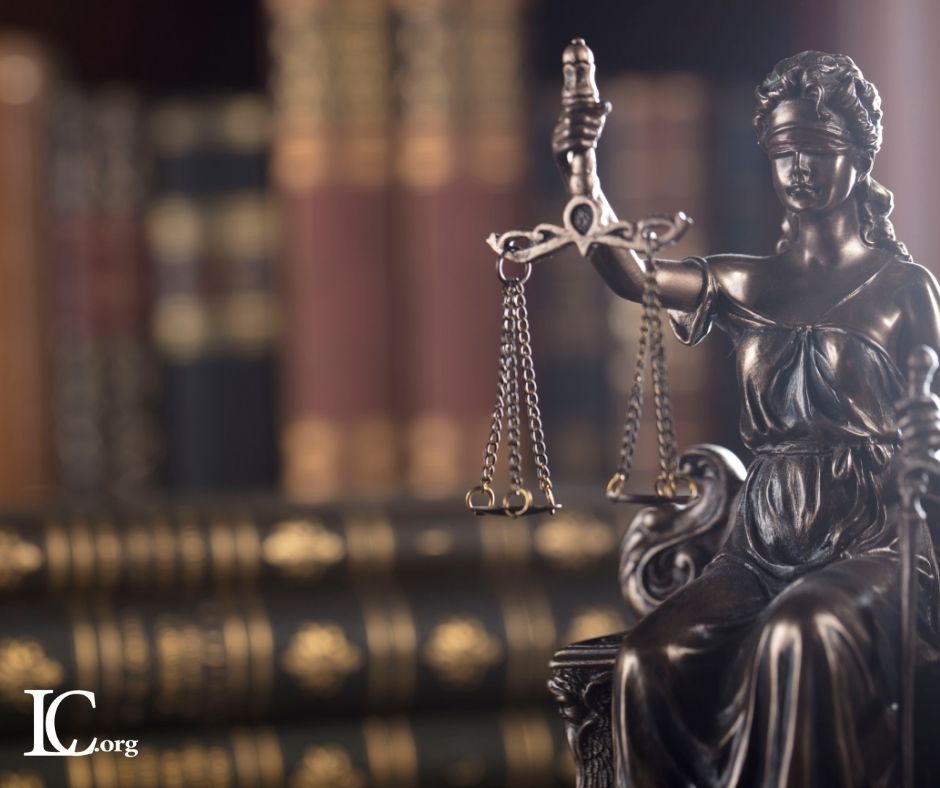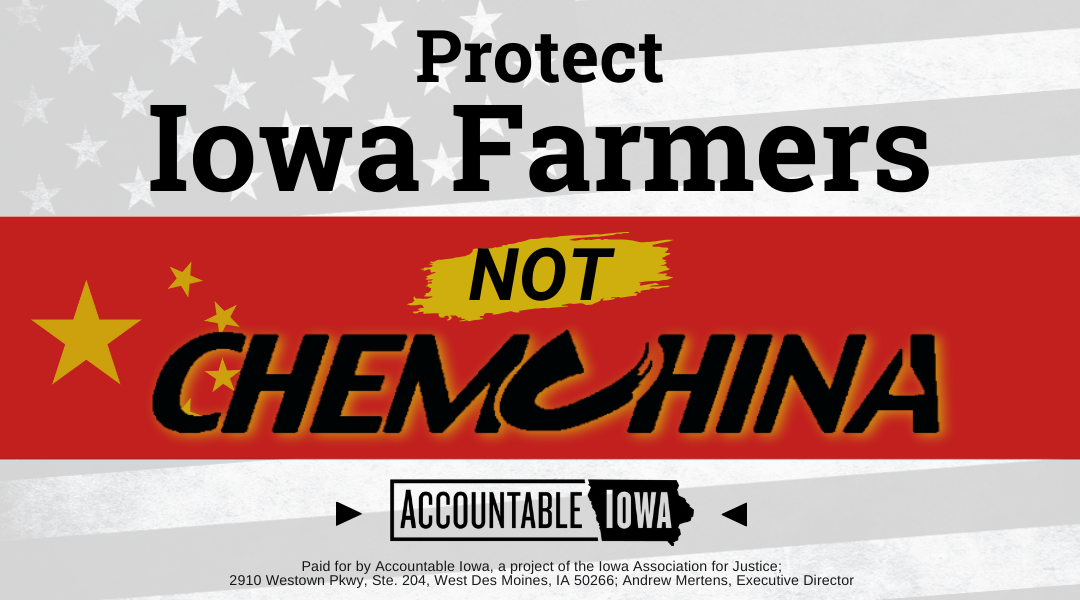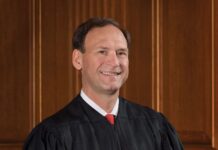Today, the Ninth Circuit Court of Appeals ruled in favor of Calvary Chapel Dayton Valley and Calvary Chapel Lone Mountain in their lawsuits against Nevada Governor Steve Sisolak’s unconstitutional worship bans.
In July, the U.S. Supreme Court previously ruled 5-4 against injunctive relief for the Nevada churches while the appeal was pending in the Ninth Circuit. However, now that the Justices have decided in favor of New York City synagogues and Roman Catholic churches in Roman Catholic Diocese of Brooklyn v. Cuomo and Agudath Israel v. Cuomo, that created the mandate to strike down these unconstitutional orders.
Governor Sisolak’s current orders limits houses of worship to “the lesser of 25 percent of the listed fire code capacity or 50 persons.” In contrast, it imposes only a 25 percent limit on commercial entities such as casinos; bowling alleys, arcades, miniature golf facilities, amusement parks, and theme parks; restaurants, food establishments, breweries, distilleries, and wineries; museums, art galleries, zoos, and aquariums; and gyms, fitness facilities, and fitness studios.
The Ninth Circuit Court of Appeals in a 3-0 opinion stated, “The Supreme Court’s recent decision . . . arguably represented a seismic shift in Free Exercise law, and compels the result in this case.”
In the decision, the Ninth Circuit ruled, “The Directive treats numerous secular activities and entities significantly better than religious worship services. We must, therefore, review the Directive under strict scrutiny. Although slowing the spread of COVID-19 is a compelling interest, the Directive is not narrowly tailored to serve that interest because, for example, the Directive could have tied the maximum attendance allowed at a religious service to the size of the house of worship. Accordingly, the Directive does not survive strict scrutiny review.”
The appeals court also wrote, “The Supreme Court’s decision in Roman Catholic Diocese compels us to reverse the district court. Just like the New York restrictions, the Directive treats numerous secular activities and entities significantly better than religious worship services. Casinos, bowling alleys, retail businesses, restaurants, arcades, and other similar secular entities are limited to 50% of fire-code capacity, yet houses of worship are limited to fifty people regardless of their fire-code capacities. As a result, the restrictions in the Directive, although not identical to New York’s, require attendance limitations that create the same ‘disparate treatment’ of religion.”
Liberty Counsel Founder and Chairman Mat Staver said, “The dominoes continue to fall following the Supreme Court’s decision that these COVID restrictions violate the First Amendment. It is past time. The governors need to remove these unconstitutional restrictions on houses of worship.”

















